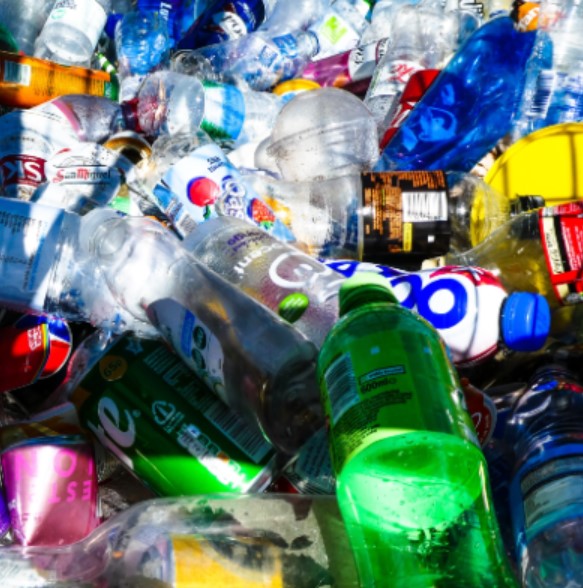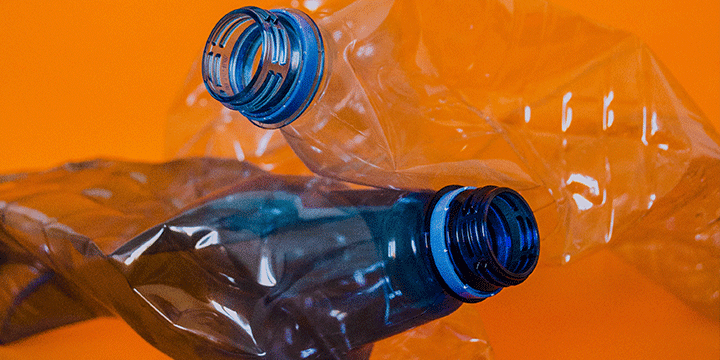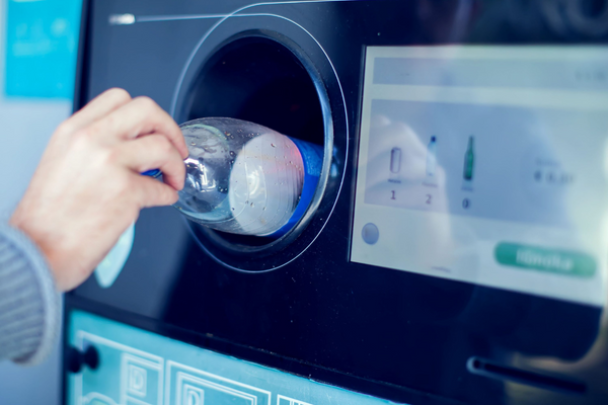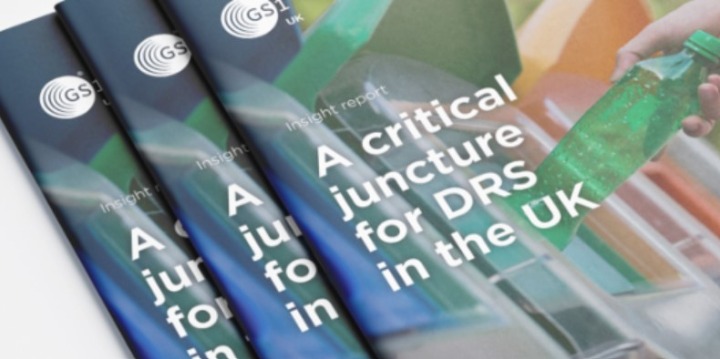February 03, 2023 Industry news
Published on 20 January, the government response to the DRS consultation produced collaboratively by the UK Government, Welsh Government and the Department of Agriculture, Environment and Rural Affairs (DAERA) in Northern Ireland, sets out plans to implement the cash incentive scheme from 1 October 2025.
While Scotland’s DRS begins in August this year, the response announced that “the UK Government will work with the Devolved Administrations and industry to press ahead with delivery of the scheme.” It also confirmed that the DRS for England and Northern Ireland will cover polyethylene terephthalate (PET) bottles and steel and aluminium cans of 50 millilitres to 3 litres while in Wales, like in Scotland, it will also apply to glass bottles.
The response follows two consultations in which 83 per cent of respondents indicated support for DRS to be introduced across the UK.
Deposit Management Organisations (DMOs) will be responsible for the management of the overall operations and for meeting the collection targets set out in the regulations. These DMOs will be selected via an application process that will be finalised along with the soon-to-be drafted regulations.
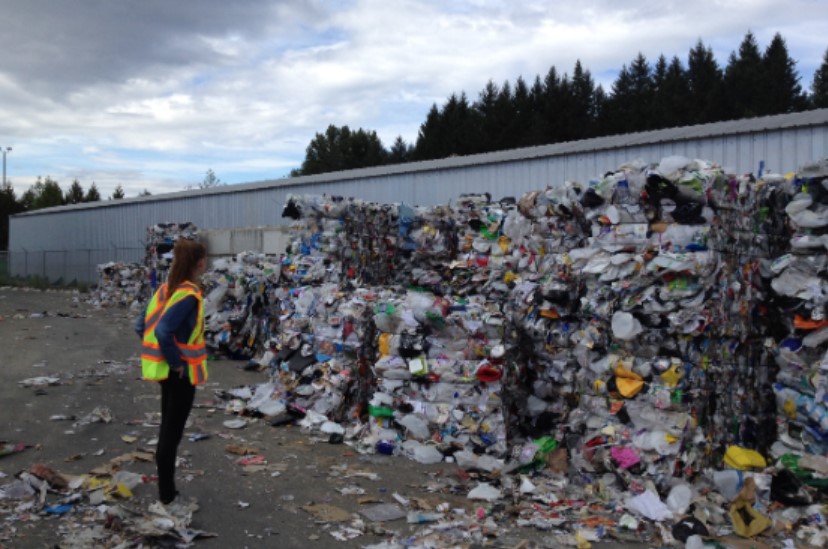
Targets
A collection target of 90 per cent has been confirmed which will be phased in during the first three years.
An initial target of 70 per cent has been set for 2025, which will increase to 80 per cent in year two, followed by 90 per cent in year three.
It is important to note that these targets only apply to collections, not recycling, as DMOs would have difficulties “in ensuring material has been recycled once sold to a re-processor.”
To keep collections balanced, each material in scope must achieve a minimum 85 per cent collection rate and any DMO that fails to meet this target will face monetary penalties.
DMOs, labelling and deposits
DMOs must deliver an interoperable DRS solution that works with some degree of harmony across the UK.
The response has confirmed that any DMO appointed for England and Wales will be required to include a DRS logo to identify all in-scope-products. There is already a DRS logo that exists in Scotland although its use is optional. The specific details and design of these logos will be determined by the appointed DMO.
Foreign/non-UK DRS labels may also co-exist on product packaging alongside labels required under UK legislation, and potentially the Scottish DRS logo.
DMO’s will be required to include unique identifiers, such as barcodes, that can be scanned at return points to ensure items are recycled and the correct level of deposit is returned.
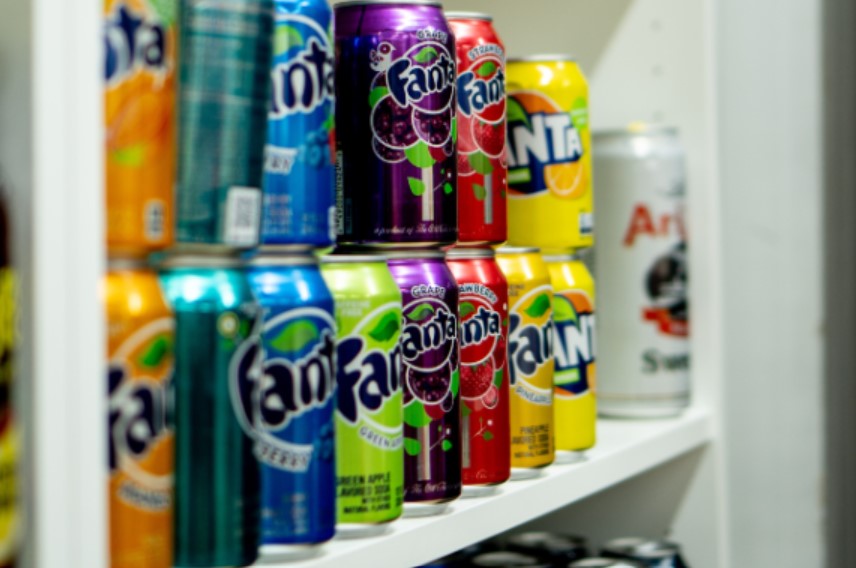
DMOs will be responsible for setting registrations fees and deposits.
They will decided if deposits will be fixed or variable according size and material (e.g. 30p for glass wine bottle, 10p for aluminium can) and the maximum or minimal level that can be charged will be determined by the final regulations.
The introduction of variable deposits may have implications as to whether deposit amounts are displayed both on-packs and on-shelfs, as consumer would need to be kept informed of the value of their deposit at both the point purchase and at return.
Fees and deposits must be set and agreed in collaboration with manufacturers and retailers and the proceeds from unredeemed deposits will be kept withing the scheme to fund operations.
DMOs will also be responsible for ensuring takeback services are provided for in-scope products that are purchased online.
Local authorities and retailers
Local authorities will be able to collect items included in the scheme separately and redeem deposits.
The majority of retailers that sell in-scope products will be required to host a return point, although smaller and independent retailers will have option possibility of applying for exemption.
What is next?
According to current timelines, we anticipate the following although these dates may change:
- 2023: regulations to be finalised by the year’s end
- 2023 - 2024: initial engagement with potential DMO applicants and development of the DMO application, assessment and approval process
- Summer 2024: DMO appointed
- 2024 - 2025: Setting up DMO governance, staffing, finance initial designs and delivery contracts
- 2025: setting up counting centres and logistics, comms campaign launched, Reverse Vending Machine (RVM) rollout, labelling changes
- 1 October 2025: DRS commences
DEFRA has also stated it will begin engaging with prospective DMO applicants “as soon as possible” and will increase industry engagement by setting up groups to work through its key priorities.

DEFRA has also stated it will begin engaging with prospective DMO applicants “as soon as possible” and will increase industry engagement by setting up groups to work through its key priorities.
The necessary regulations are now being drafted. England and Northern will have joint legislation, while Northern Ireland will have their own.
Once finalised, the regulations will have to pass through a series of approvals including World Trade Organization notification and parliamentary procedures.
An agreement between the Government (including the Scottish Government), HM Treasury and HM Revenue and Customs still needs to be reached regarding the place of VAT in the scheme.
